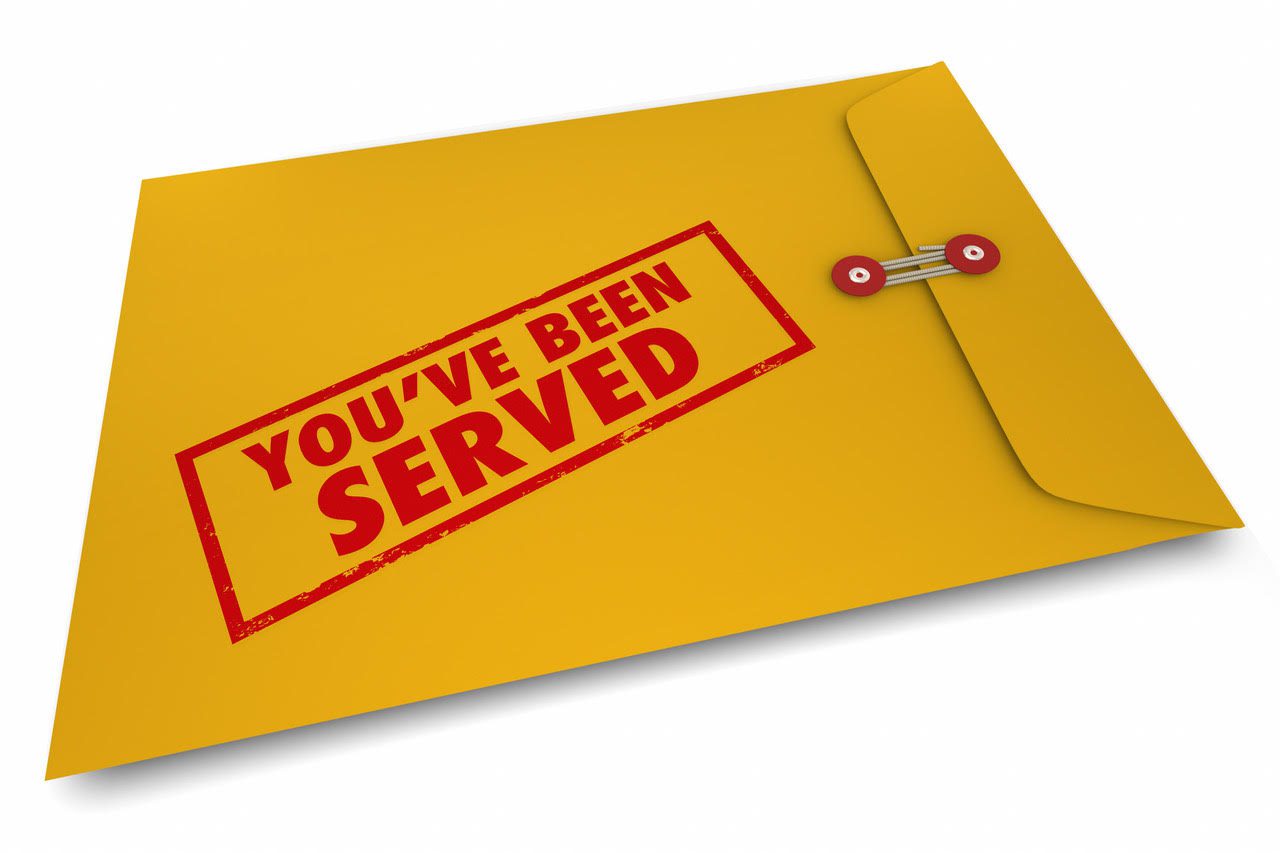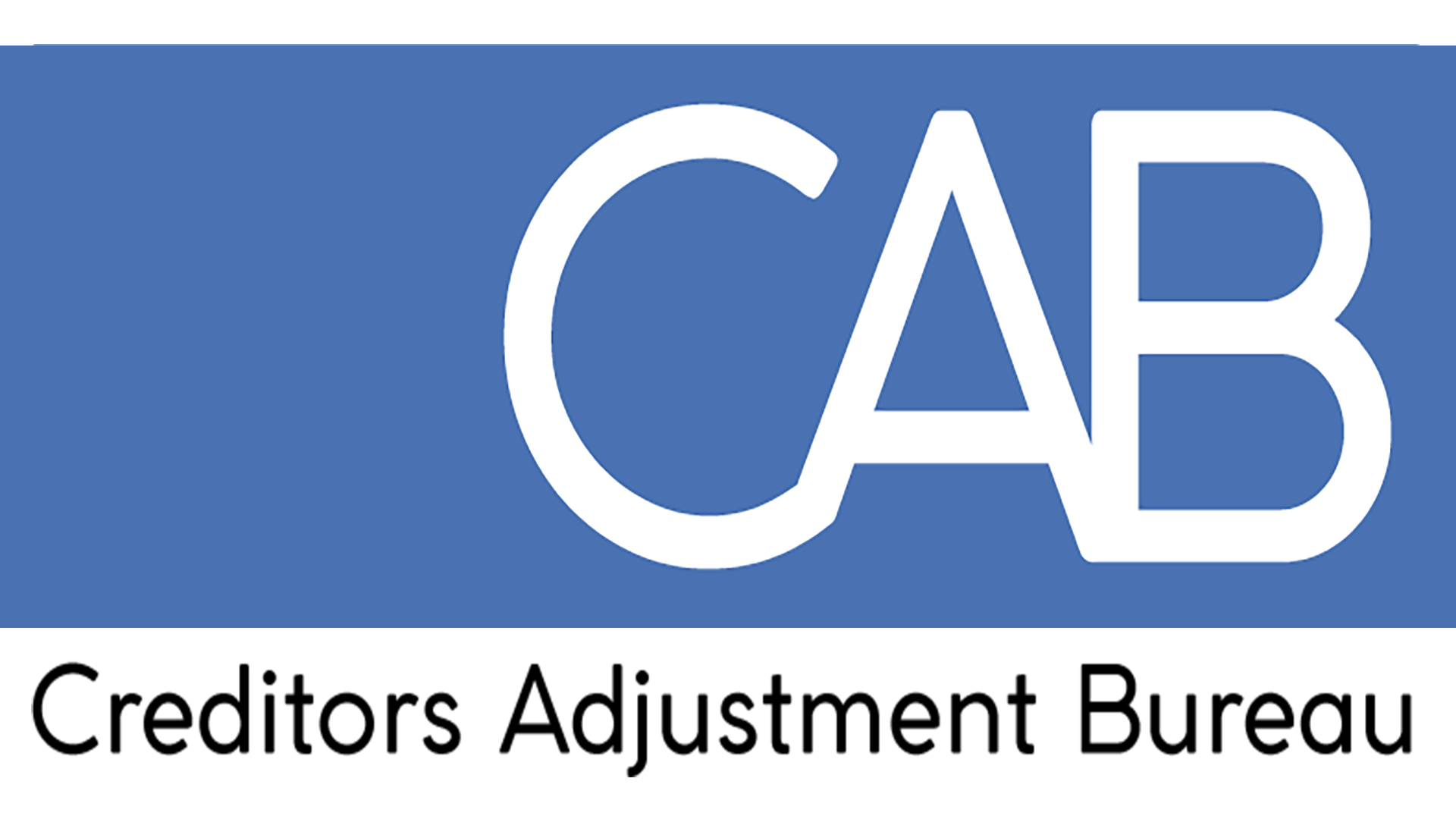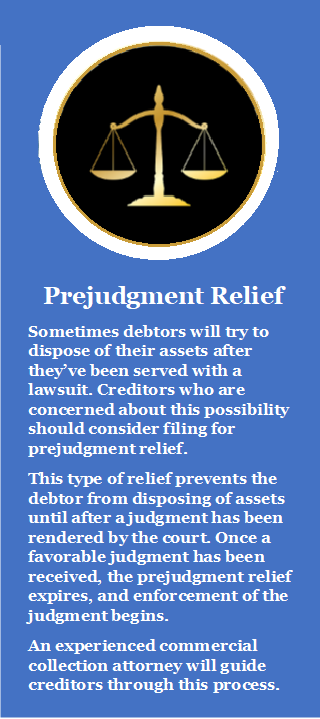Not all of your debtor-businesses will pay up.
Sometimes the best option for recovery is to obtain a court-ordered judgment against them.
So when should you pursue litigation? And how does collection litigation work?
When to Consider Litigation
If there are no consequences for nonpayment, many debtors simply will not pay. In commercial collections, creditors often hear, “So go ahead and sue me. I’m still not paying.” Debtors who use this objection know that, by delaying payment, they’re essentially getting a free loan, since the litigation process can sometimes take a year before resolution.
Litigation is a logical step to consider if:
 The debtor owes you more than a few thousand dollars,
The debtor owes you more than a few thousand dollars,- You have documentation to prove the debt is owed to you,
- The debtor has the financial means to pay you, and
- The debtor has ignored your payment demands for at least 90 days.
Before filing a lawsuit, a reputable commercial collection agency will perform a pre-legal investigation of assets. This process helps to determine which accounts are good candidates for litigation.
Costs of Litigation
In deciding whether or not to pursue litigation, creditors should also consider the financial cost of filing a lawsuit. Typical litigation costs include attorney fees, filing fees, and miscellaneous costs for depositions, sheriff fees and process server fees.
Commercial collection agencies that also offer full-service legal assistance can estimate these costs upfront and help manage them for you.
Litigation Time Frame
It takes at least four months to receive and record a judgment against a debtor. If there are no complications, the standard time frame is as follows:
- Two to four weeks for attorney to prepare and file lawsuit paperwork;
- Two to four weeks to locate and serve debtor (see sidebar, “Who Will Be Served?);
- Thirty to 45 days for debtor to respond;
- If no response, two to four weeks for attorney to file for default judgment;
- Two weeks to three months for court to issue judgment;
- Once judgment is rendered, one week to two months for attorney to record the abstract and file necessary liens.
If there are complications and delays, the above process can take about nine months. Occasionally (less than 5% of the time), a debtor may diligently fight the lawsuit. In that case, the process can take as long as18 months before a judgment is rendered.

Who Will Be Served?
Who is served with the lawsuit paperwork in a commercial collection case? It depends on how the business is organized.
- Sole Proprietorship – The owner is served.
- Partnership – At least one partner is served.
- Limited Partnership – The partner who runs the business (the general partner) or its registered agent is served.
- Profit or Nonprofit Corporation – An officer of the corporation (president, vice-president, secretary, or treasurer) or its registered agent is served.
- Limited Liability Company – An officer of the company or its registered agent is served.
Legal Venue
Lawsuits may be filed in state civil court (i.e., municipal court, superior court, justice court, county court, etc.) or in small claims court within the proper judicial district (or venue).
Most states (including California) allow creditors to sue in small claims court as long as the suit is not demanding more than the small claims limit This limit varies by state. The advantage of small claims court is that the procedures are less formal and the process more streamlined than those of other courts.
The proper judicial district is normally that in which:
- The debtor-business operates,
- A business contract was signed,
- A business contract was to be executed, or
- Other events leading up to the lawsuit took place.
What to Expect
After the lawsuit has been filed, what should you expect?
Some commercial collection cases will settle favorably once litigation has begun, but before the process runs its course.
Other times, the creditor must “go a few rounds” with the debtor-business. In those instances, the case may have to be taken all the way to trial. These instances are rare, however, and trial is only necessary when factual issues are disputed.
When the facts are undisputed, many collection matters are resolved by a summary judgment in the creditor’s favor.
After Judgment
Once a judgment has been rendered and docketed, the process of enforcing that judgment and recovering your money begins. There are several resources available to accomplish such recovery.
Subpoena. Debtors can be subpoenaed, requiring them to disclose their financial resources.
Seizure. In addition, assets may be seized
Wage Garnishment. If there is a personal guarantee for the debt, the guarantor’s wages may be garnished.
Sometimes debtors will attempt to hide or transfer assets to prevent legitimate creditors from seizing them. This is where a commercial collection attorney can work to uncover hidden assets or wrongful transfers, making them once again available to satisfy the judgment.
All during this enforcement process, the amount owed to the creditor is accumulating post-judgment interest (at a rate that varies according to state).
An Important Step
Litigation is an important component in the commercial collection process. Without it, debtor-businesses can simply refuse to pay, knowing you will not follow through. Most business owners want to do the right thing but, unfortunately, that is not always the case.
When stronger steps are required to collect what’s rightfully owed to you, a collection attorney can be your staunchest ally.


 The debtor owes you more than a few thousand dollars,
The debtor owes you more than a few thousand dollars,